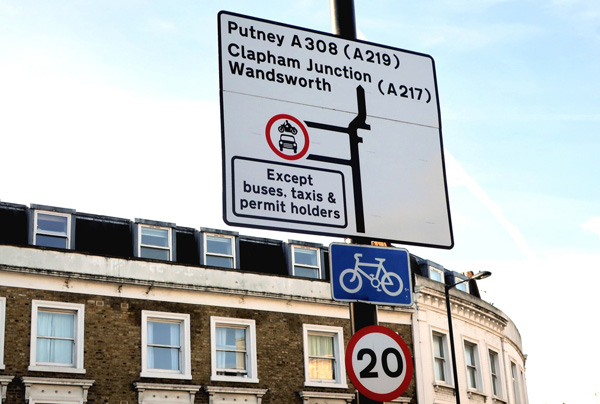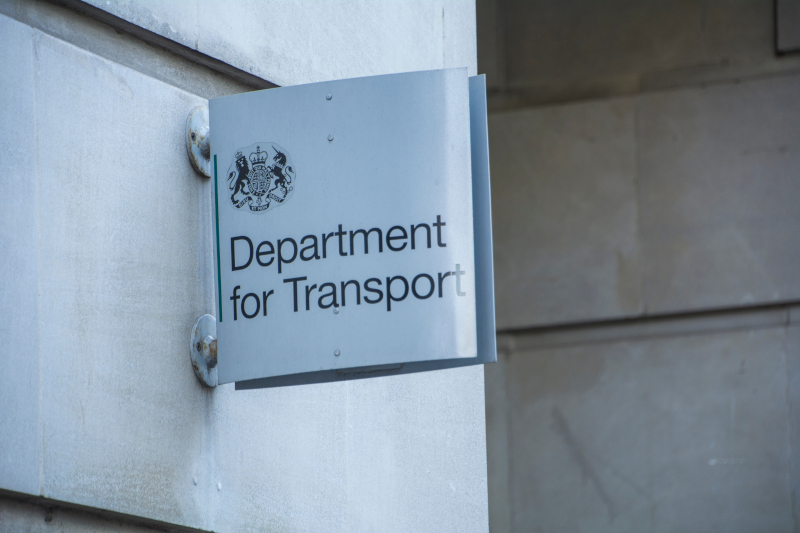The Department for Transport (DfT) has launched a private beta phase for its digital traffic regulation orders (DTROs) platform, setting the scene for the first public phase of the transformational programme early next year.
More than 30 traffic regulation authorities (TRAs) have signed up to test the system in this final private phase before it opens up to all TRAs to pilot, potentially as early as January 2025.
TROs are legal documents that state local rules of the road, such as banned turns, speed limits and parking controls.
Their conversion often from paper documents into a single digital source that consumers such as Sat Nav providers can consume is regarded as a hugely important transformational move across the sector.
John Cooper, senior engineer (Connected Intelligent Transport Systems) at the DfT, said that after a series of 'alpha' phases, the team had created a 'working service albeit on a small scale that could take a digital version of a TRO that was created by a traffic regulation authority and host it on a service'.
The server could then make that virtual for consumers who could extract a digital version of the TRO. The current system has run since February and uses two APIs: a publisher API that will publish the TROs to the service itself and a consumer API.
It also uses Ordnance Survey grid referencing for geolocation data.
Mr Cooper said: 'This is a very big moment for the project we are entering into. In the next few weeks we are going to approve the concept in private beta and go to our assessment which will allow us to continue this work into a public beta.'
He added: 'User research earlier on in the project indicated about 35% of all the TRAs didn’t declare having a digital solution. We did the same survey in August and it has dropped to about 30% so it is getting slightly better.
'Of the ones that declare they do it, the ones that work with a digital solutions provider are one cohort and then we have some other ones that use their own solution from GIS.
'We have had people saying: "We don’t want to have to have any more expenditure, we want to do it this way". And we have heard from ones who say: "We don’t do it at all". We know about those ones. We know the ones we will have to get to as the project develops.
'There will be a public consultation. We do expect to hear all the views from people who think they don’t have enough money and things like that. The success of the project rests on ultimately everybody coming on board and us getting all of the TRAs. We see that as the success point further down the line.'
The system is based on a minimal viable product design.

Gareth Tilley, DTRO stakeholder engagement manager at PA Consulting, which helped develop the system, said: 'We are very keen to get the product beta launched and see that as a model we can prove the concept with and develop over time.'
Mr Cooper added: 'We do have a huge backlog of other features we would like to roll-out in public beta, which will be fully triaged and prepared and then done in descending order of priority, making the service much more fully fledged and automated and loads of other things to help support it.'
DTROs are mandated in the Automated Vehicles Act 2024, which came into force in May this year.
Secondary regulations will govern all the detail on what types of orders are required and the dates by which DfT will require the orders to be sent in from the TRAs.
The draft legislation is based on two dates: one for new orders and a later one for the archive library of old orders. Some of those old orders may well be stored in filing cabinets at local authorities.
Mr Cooper and Mr Tilley suggested that to help process the bulk of old orders, TRAs might be allowed to create a new 'consolidation order' to bring together perhaps many old orders into one.






